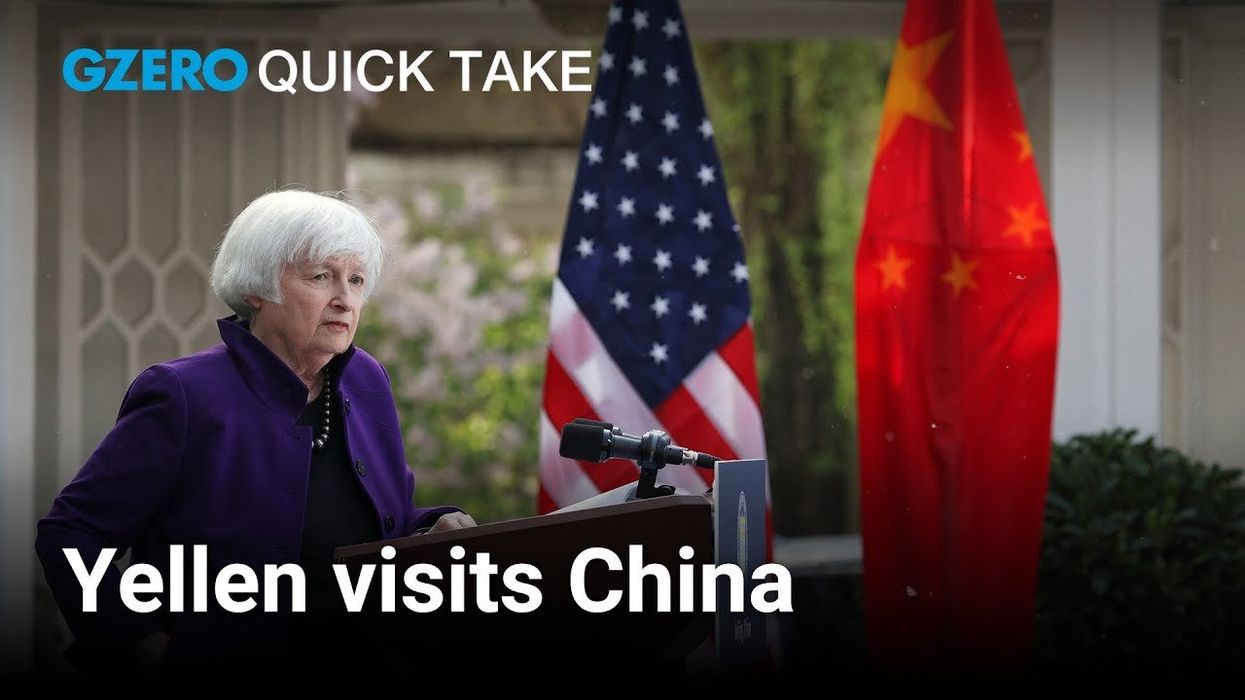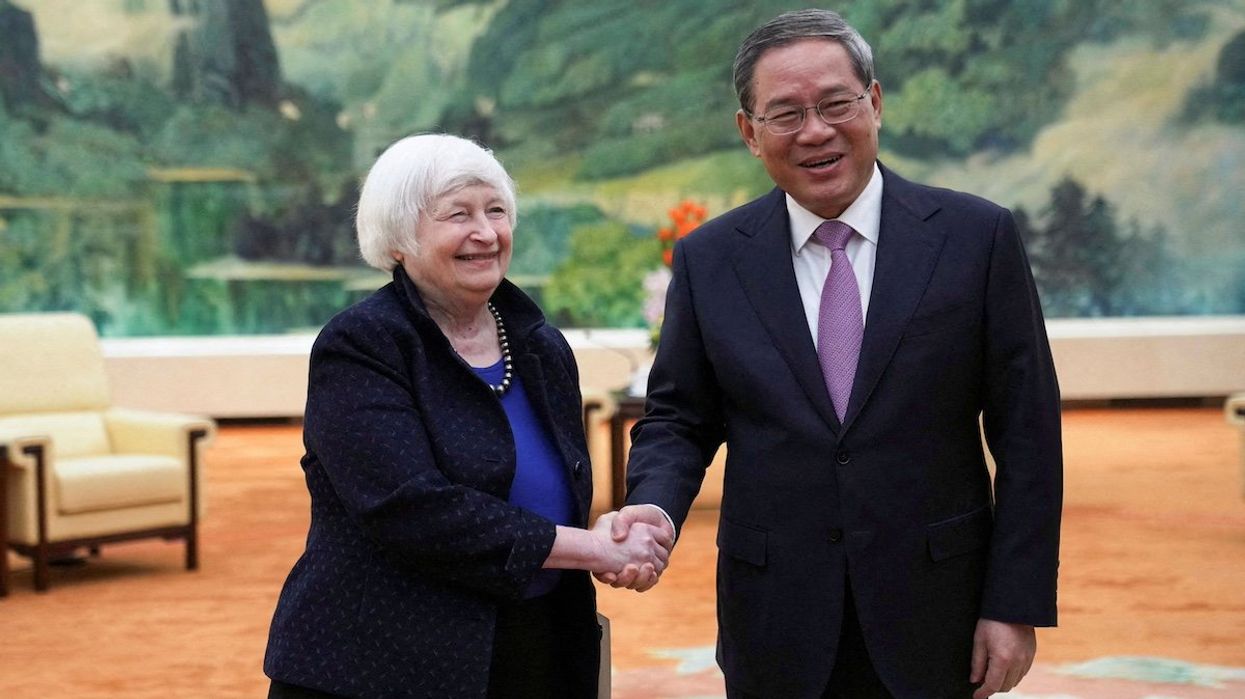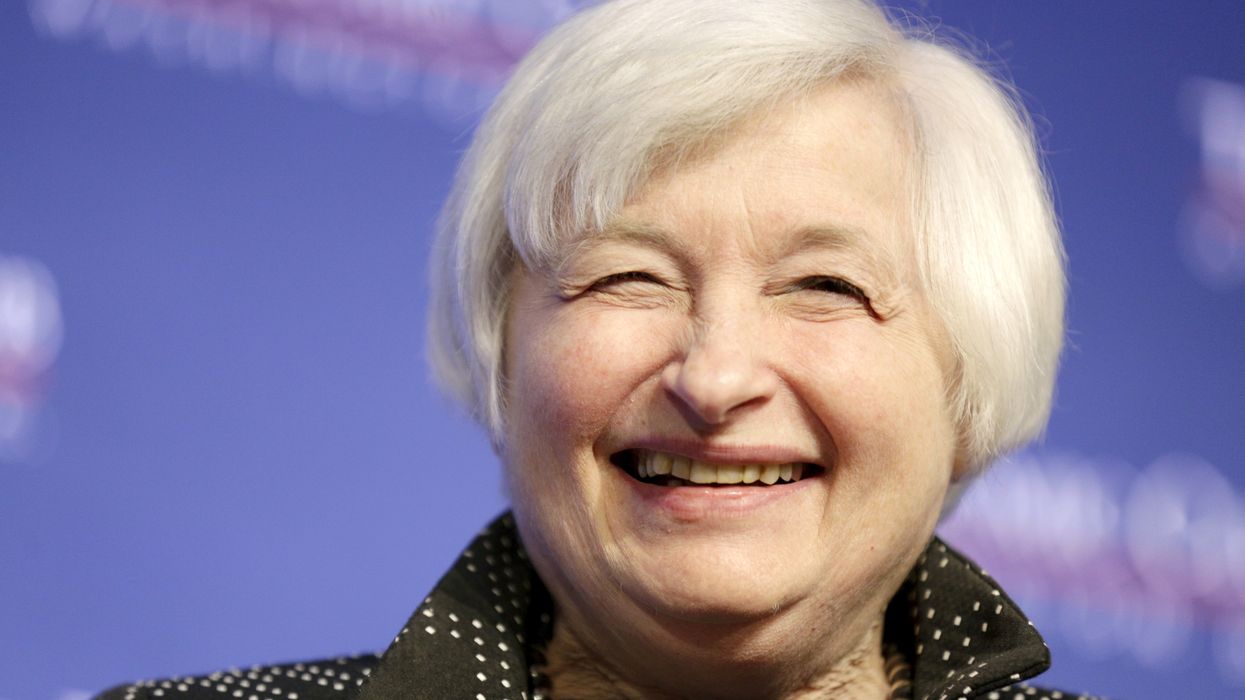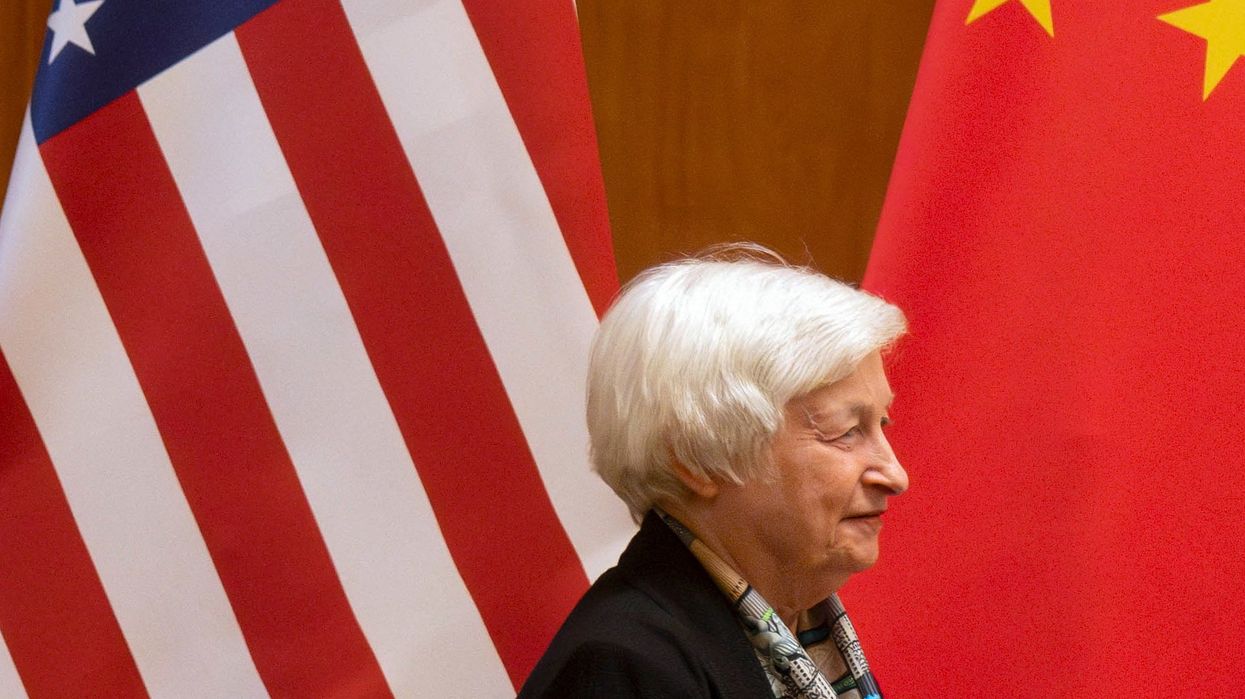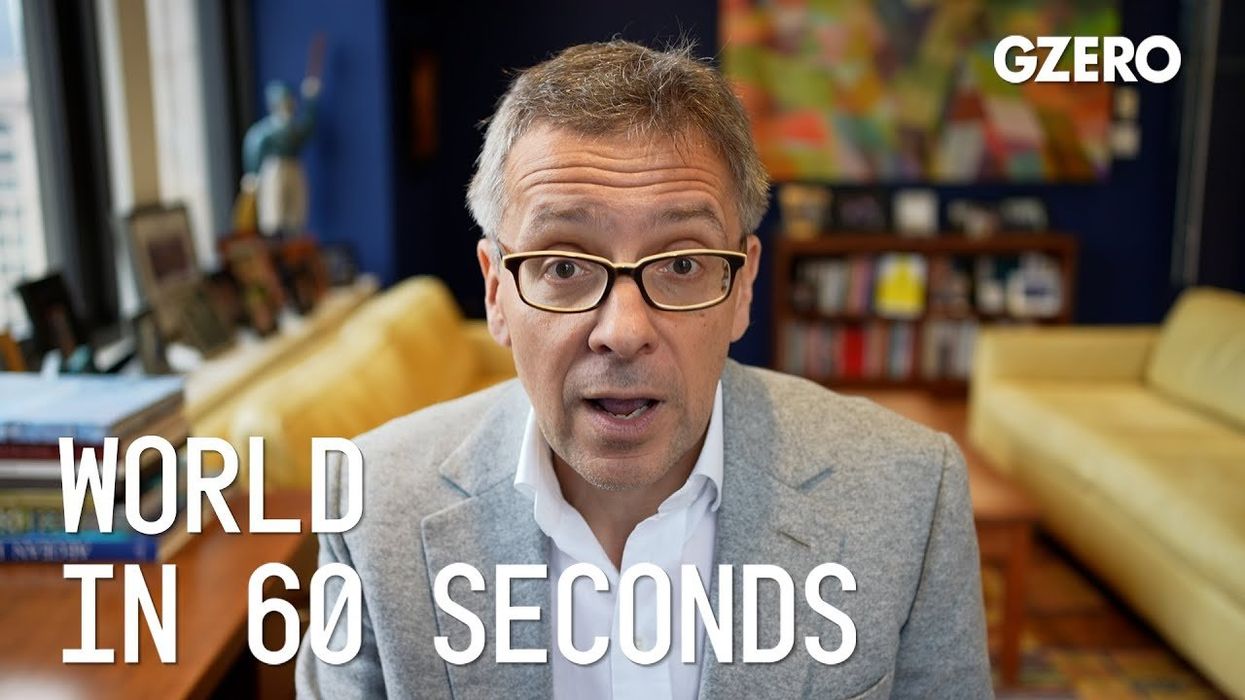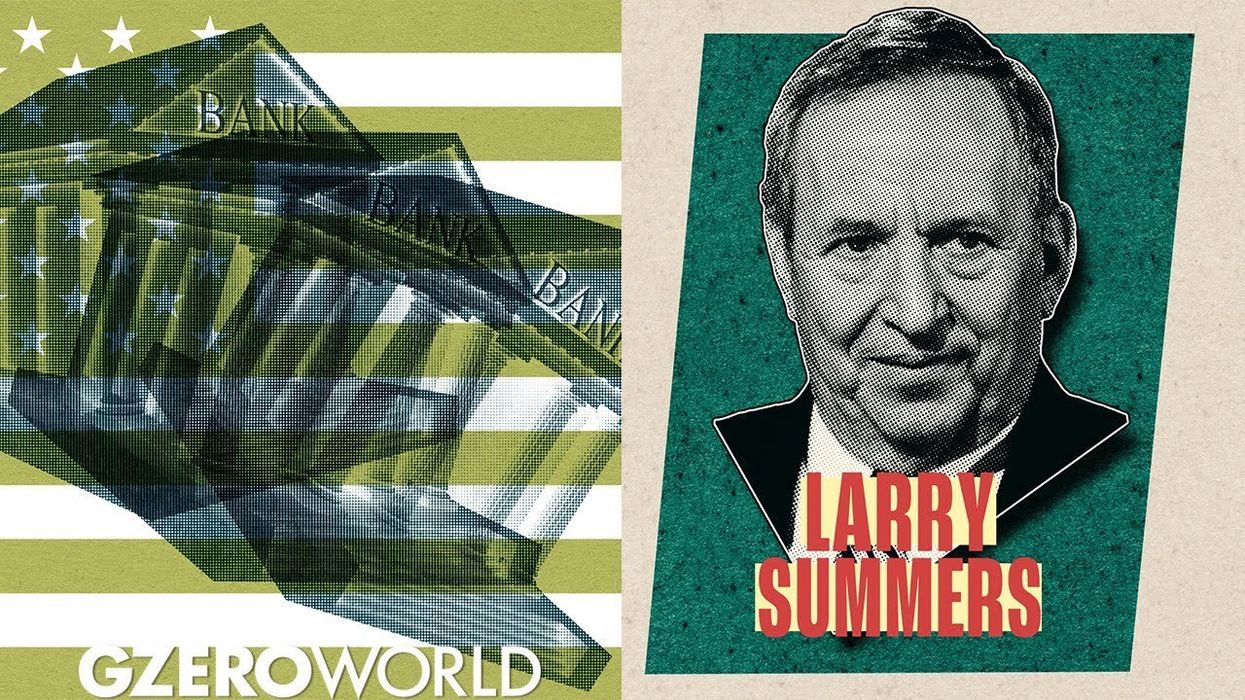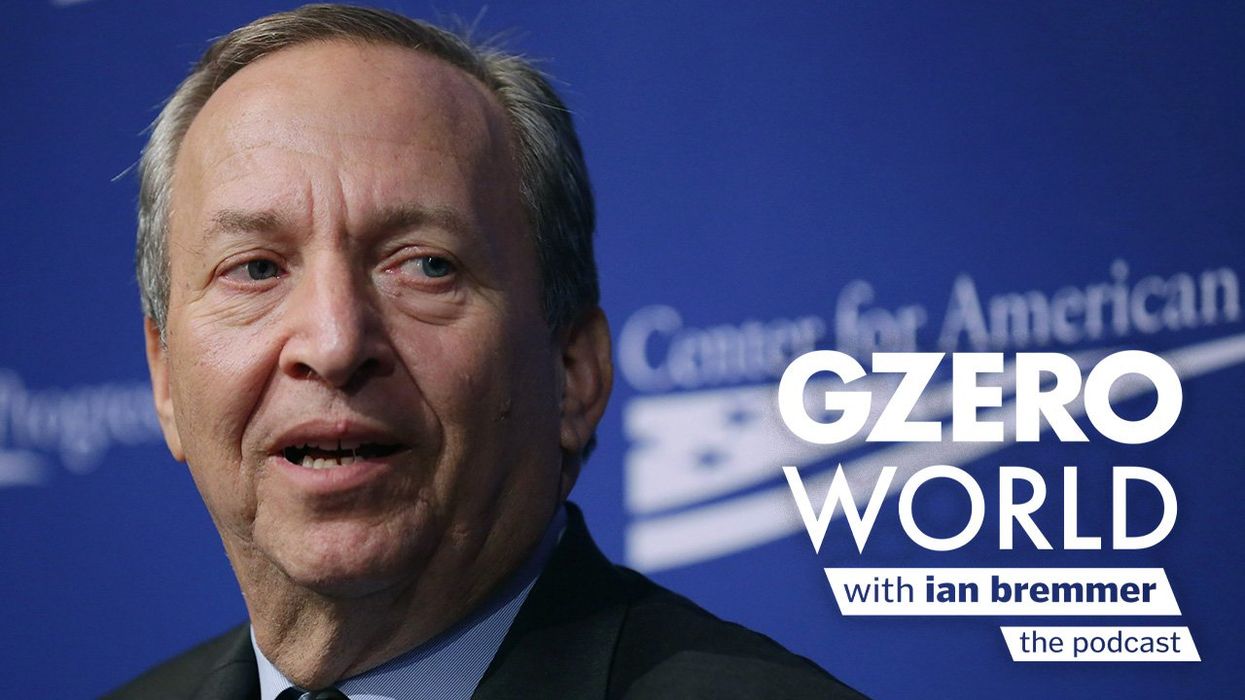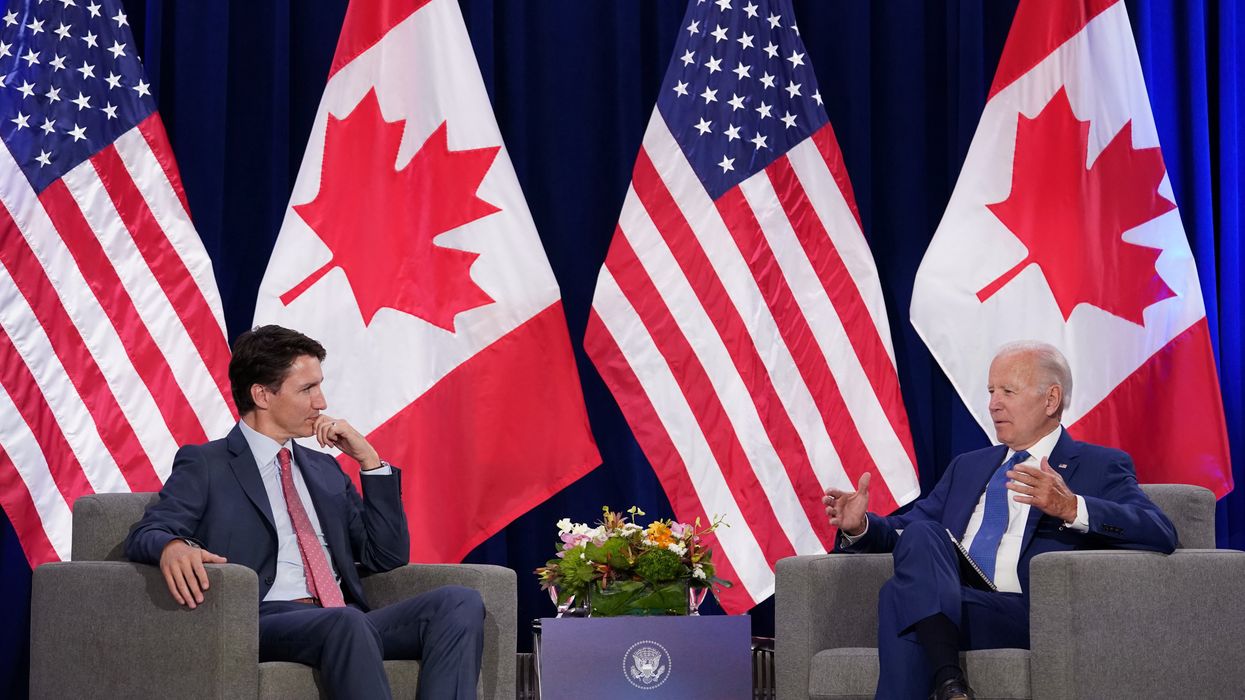Quick Take
US-China relationship at its most stable in years as Yellen visits
Ian Bremmer's Quick Take: Janet Yellen, the secretary of the treasury, went back over to China yet again, both to help ensure that the US-China relationship is reasonably stable, also to deliver tough messages in places where she feels like that is required; the Biden administration feels it's required. And it's been a useful trip.
Apr 08, 2024
